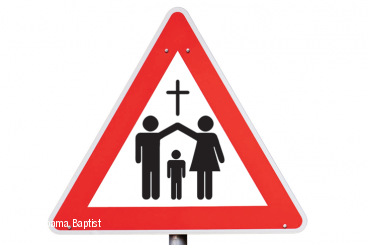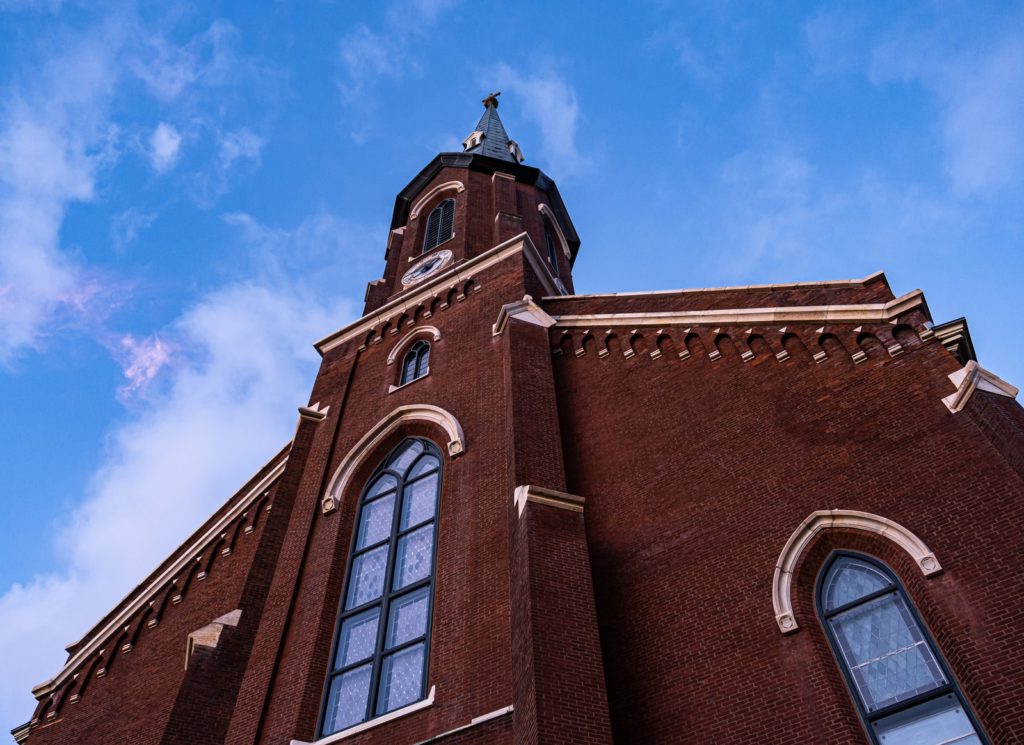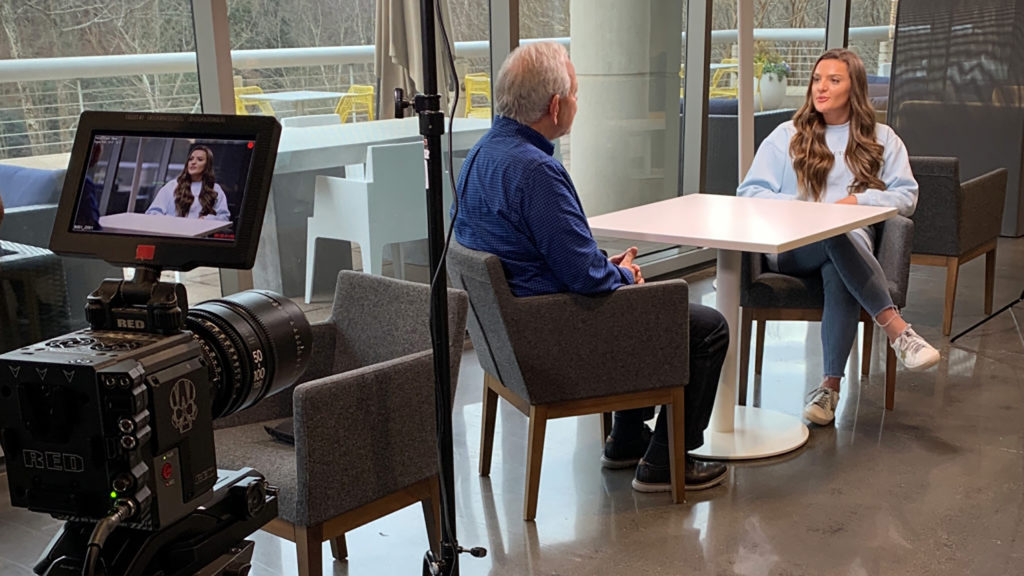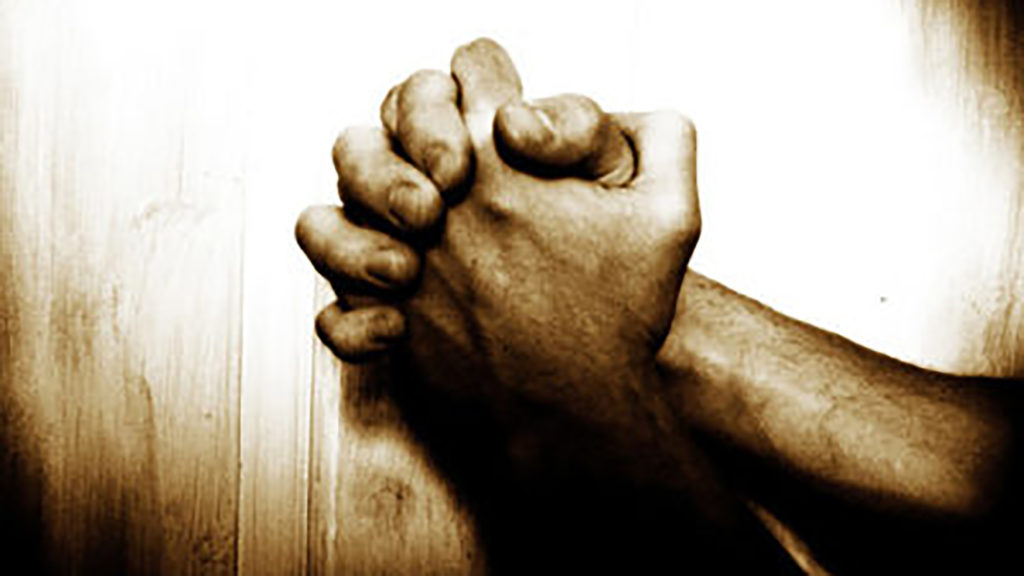Behind closed doors
Megan is one of the most popular girls in the church youth group. She regularly invites friends to church, and because she is friendly and outgoing lots of young people have joined the group. Lately, however, she has been asking to stay home from youth group events. She’s had good reasons — not feeling well, a big project for school — but it’s not like her to skip church. Megan’s mother has noticed that even when she is at church, she seems to be withdrawn and quiet — not her usual self at all. Her mom is worried she is having difficulties with someone in the group, but when she suggested Megan talk to the youth minister, the girl burst into tears and begged her mother not to say anything to him. Megan is obviously disturbed by something going on at church, but she won’t talk to her mother about it. What could it be?
In recent years, we have heard of too many cases where children have been victims of sexual abuse by someone at church.
Unfortunately abuse of children has been going on for much longer than we would like to acknowledge. As a result parents and caregivers may be wary of trusting church leaders and volunteers to take care of their children.
Because I work with children who come from abusive and traumatic backgrounds, I have become hyper-vigilant about placing my child in the care of others. The thought, “Is my child going to be cared for properly while he is out of my care?” crosses my mind when I consider child-care services.
Statistics from the U.S. Department of Justice are quite sobering: 1 in 6 boys and 1 in 4 girls will be sexually abused before they reach 18 years of age. Despite these alarming and unsettling statistics, we can’t allow our fears and concerns about the well-being of our children keep us from activities that are life-giving and enriching, including church.
One of the best ways to protect our children from any type of abuse is to make sure our churches have good policies and procedures in place regarding child safety and security. As a parent one of the first things I look for when visiting a church are policies that require adequate supervision and accountability measures for those who work with children, from the nursery babies to the teenagers.
As a church member I want to make sure my church is informed of the dangers that can exist even within church activities. All churches need to be aware of potential dangers to children and have protocols in place for protecting them. Such policies are not only healthy for protecting children but they also will protect the church.
Child protection is a matter of excellence, which is why both church members and church staff should work diligently together to create and enforce safety policies. The greatest potential for church growth in most churches is from young families, and we want those young families to feel very safe and comfortable with us caring for their children.
As a member of your church’s congregation, you must be willing to let your voice be heard and call your church to a higher level of accountability and safety in order to ensure it is the safe harbor for our children that it needs to be.
Worth the effort
Though implementing any new policy is challenging, the safety of our children is worth the effort.
There are some very simple protocols churches can put in place in order to protect the children and the church (see sidebar, this page). We know from research and experience that the more hurdles a predator has to jump over, the safer our children will be.
While some might criticize such measures as demonstrating a “lack of trust,” our children are worth this level of protection. Experts in protecting children at church know that these suggestions are actually very good ways to ensure accountability and safety.
Is there a chance someone in your congregation or on your church staff could take offense to these kinds of measures? Absolutely. However, it is far more important to prevent child abuse and its devastating long-term effects on a child.
www.pathwaysprofessional.org, 1-866-991-6864
Simple protocols churches can put in place in order to protect children and the church
- Run a background check and hold an in-person interview with every person who is going to be working with children.
- Make sure there are at least two adults working with children at any given time and there is at least one supervisor who is constantly checking in on the different children’s programs. This ensures greater levels of accountability and provides a witness should anything ever be questioned.
- Have an organized system in place where the adult picking up a child can be easily matched with that child. It is very important that a child in church care only be released to the appropriate person.






Share with others: